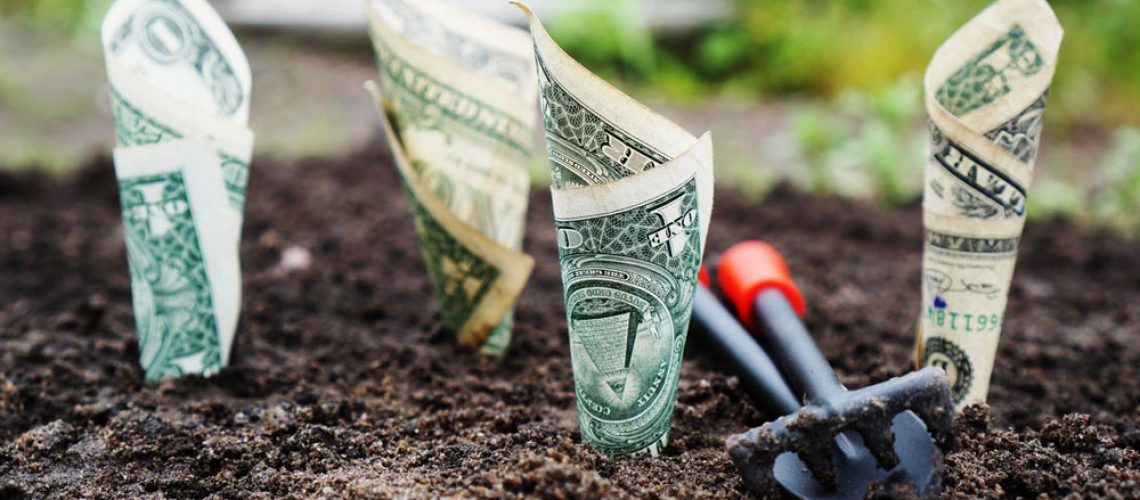Like every other business, a dental practice is worth what a willing and qualified buyer will pay. In both investor-owned and solo-dentist practices, the buyer will look at income leftover after all expenses are paid and make the determination as to whether it is a business risk they would like to assume.
There is no way to estimate what your dental practice is worth without having a complete look at the figures. While it is commonly said general practices sell for “50% to 90% of annual collections,” it is risky to rely on such blanket statements. Two practices collecting the same amount in a year may have wildly different expense structures. Because of this, an acquiring dental service organization (DSO) will likely recast your profit and loss statement and pay a multiple of the EBIDTA.
When selling your dental practice you should rely upon an experienced practice appraiser who adheres to generally accepted procedures for such appraisals. DSOintro has an expansive network of professionals that we work with and can refer you to an experienced and reputable appraiser. While valuing a business is practically a science, there are subtle factors such as equipment and aesthetics which may play a factor in the overall value of your practice.
While it is not uncommon for a business owner to believe their business is operating at its peak efficiency, a dentist may refer out a lot of cases that can be performed in-house. When a buyer seeks to grow a practice, they will typically bring these cases back in-house.
Now is the time to invest in additional practice marketing, join new insurance plans, implement a dental membership plan, or change other practice operations with the goal of making your practice more profitable and thereby more desirable to potential buyers. While a buyer is unlikely to pay a premium for an opportunity, those opportunities will most likely play a significant factor into whether the buyer pulls the trigger on a transaction.


